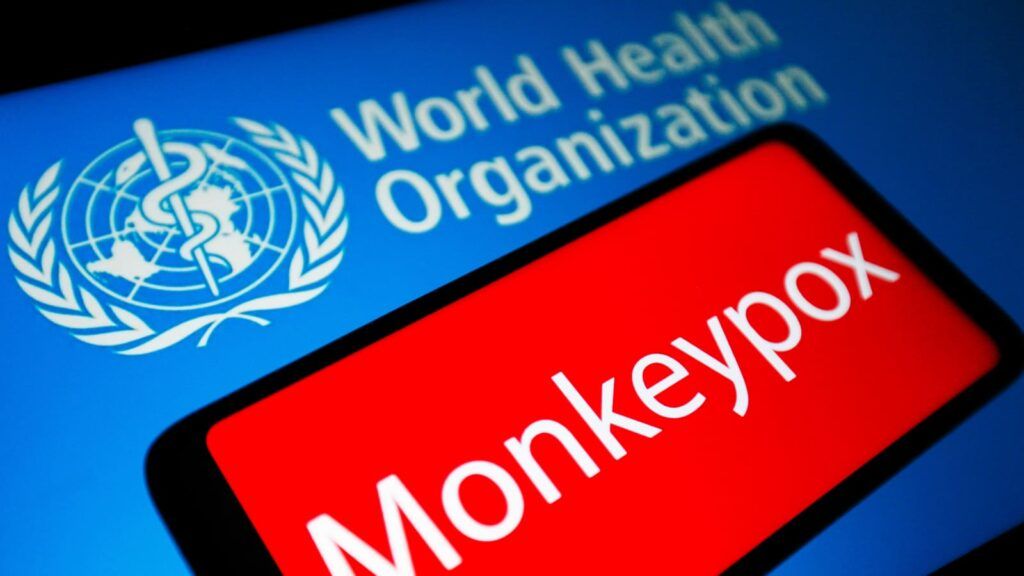The World Health Organisation (WHO) are to reconvene their monkeypox committee to decide on whether the outbreak should now be considered a ‘global health emergency’.
This will will be the second emergency committee meeting since the monkeypox appeared in May 2022
Last month, following 2 days of deliberation an advisory panel declined to label the monkeypox outbreak a global emergency, but said it would reconsider the alert level if the outbreak grew.
The WHO did not say which day or days the committee will be meeting in emergency session.
The Mail Online reports: The UN health agency are now aware of 9,200 cases in 63 countries in the last update issued on Tuesday, with the UK recording 1,735 cases between May 6 and July 11 this year.
UK Health Security Agency figures show that the majority were Londoners, with 1,229 reported in the capital.
This WHO meeting will be the second for the emergency committee, with experts set to decide on if monkeypox cases constitutes a public health emergency which should be of ‘international concern’.
A PHEIC (Public Health Emergency of International Concern) is the highest formal declaration alarm the WHO can raise for the spread of a disease like monkeypox.
The last committee meeting found that the situation had not yet met the threshold – but with case numbers rising, the health agency warns of their concerns.
The UN health agency said in a statement: ‘The emergency committee will provide its views to the WHO director general on whether the event constitutes a PHEIC.
‘If so, it will propose temporary recommendations on how to better prevent and reduce the spread of the disease and manage the global public health response.’
Late last month, Dr Sophia Makki, incident director at the UKHSA, said: ‘The monkeypox outbreak in the UK continues to grow, with over a thousand cases now confirmed nationwide.
‘We expect cases to continue to rise further in the coming days and weeks. If you are attending large events over the summer or having sex with new partners, be alert to any monkeypox symptoms so you can get tested rapidly and help avoid passing the infection on.
‘Currently the majority of cases have been in men who are gay, bisexual or have sex with men. However, anyone who has had close contact with an individual with symptoms is also at increased risk.
‘If you are concerned that you may have monkeypox, don’t go to events, meet with friends or have sexual contact. Instead, stay at home and contact 111 or your local sexual health service for advice.’

